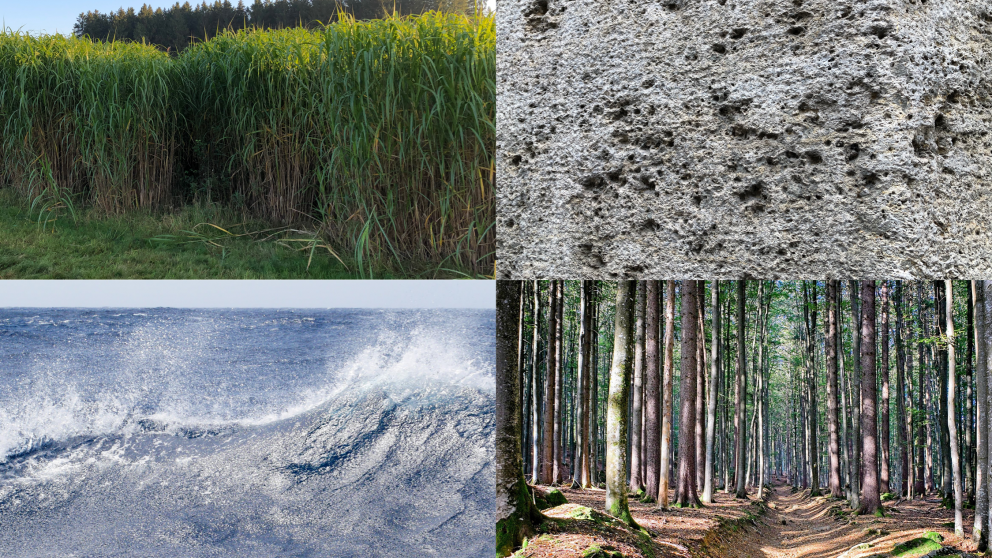CO2 Removal Synthesis and Transfer Project (CDRSynTra)
Duration

Decisions related to Germany's goal of achieving greenhouse gas neutrality by 2045 can only be made with a deeper understanding of the different methods and technologies used for carbon dioxide removal. To this end, the German Federal Ministry of Education and Research has launched a research programme on atmospheric carbon dioxide removal. RIFS is part of the interdisciplinary research consortium.
The research projects in the programme will explore methods of carbon dioxide removal (CDR) such as direct air carbon capture and storage (DACCS), agroforestry, enhanced weathering, the production of biochar, and afforestation/reforestation. Research is also being conducted into how these methods can be combined.
Good governance based on experience
Developing good governance for CDR requires a deep understanding of the political, cultural, and historical contexts in which the technologies are to be researched and applied. For this purpose, RIFS researchers are using archival research, discourse analysis, and ethnographic interviews to study comparable governance processes from the past, such as the regulation of energetic biomass or reforestation measures, thereby examining the constitutive interplay of scientific knowledge, technological systems, and economic and political power in Germany and the EU in these areas. This will provide insights into the role of state and non-state actors in the governance of CDR and identify challenges that arise in this context, for example, in the design of new markets and the development and deployment of new technologies.
Knowledge transfer in politics and society
The core of the research work of the CDRSynTra project is the transfer of sound knowledge on various CDR approaches to politics and society. The collaborators will comprehensively and coherently evaluate the potentials and side effects of the various methods. In doing so, they will lay the scientific groundwork upon which a socially acceptable and ecologically and economically sensible portfolio of carbon dioxide removal methods can be developed.
For this purpose, CDRSynTra bundles the research findings from various research projects - four projects were launched by November 2021 - aand develops a potential strategy for the future design of carbon dioxide removal in Germany. Within the framework of CDRSynTra, RIFS is responsible for Sub-Project 5: "Governance, Synthesis, Co-Creation".